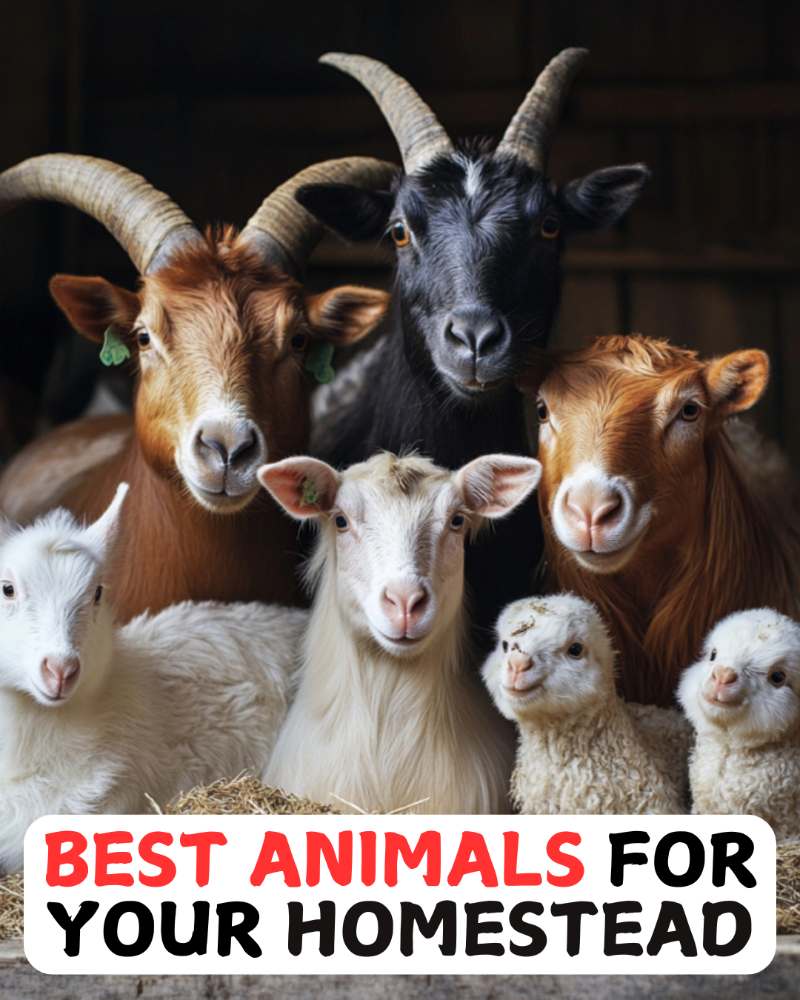Best Animals for Your Homestead
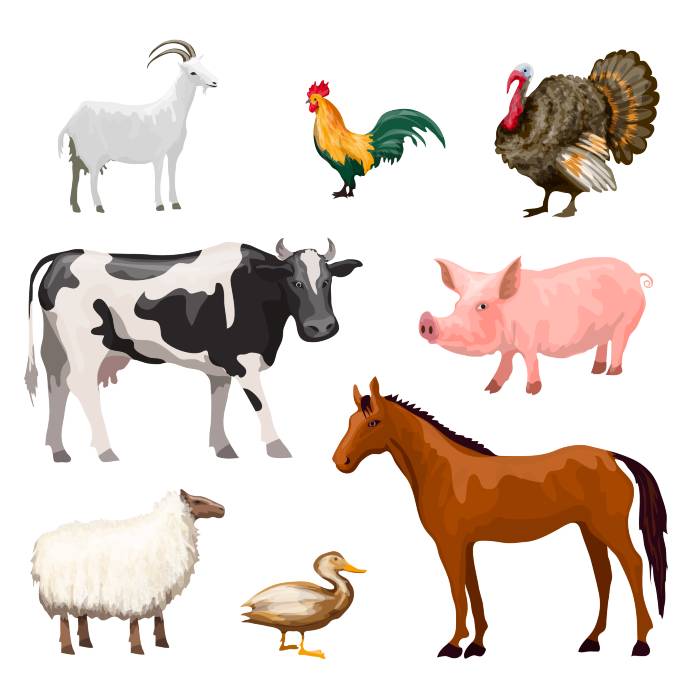
Make sure to like Living Green and Frugally on Facebook, Shop at Amazon to help support my site and explore our PINTEREST BOARDS for innovative ways you can become self-sufficient.
Homesteading is all about sustainability and self-sufficiency, and choosing the right animals for your homestead can make a world of difference. Animals not only provide food, but they also contribute to the ecosystem of your farm, from pest control to soil enrichment. Whether you’re just starting out or looking to expand your homestead, here’s a list of the 10 best animals to consider. Each offers its own unique benefits and challenges, so let’s dive into the pros and cons of each to help you make informed decisions.
1. Chickens
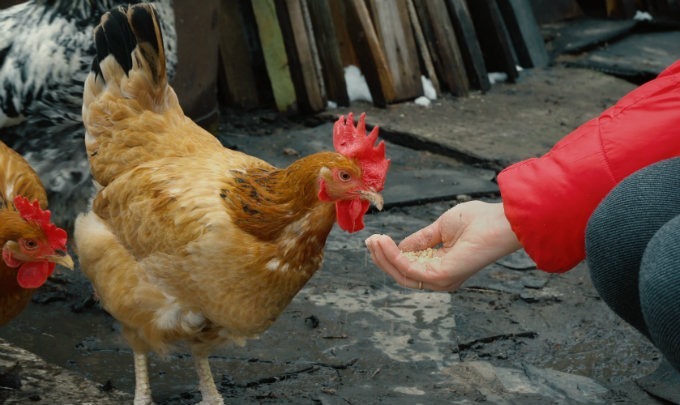
Chickens are often the first animals people think of when starting a homestead—and for good reason. These birds are easy to care for, provide a steady supply of fresh eggs, and can be a great source of meat.
Pros:
- Eggs and meat production
- Help with pest control by eating insects
- Produce nutrient-rich manure for composting
- Low maintenance and adaptable to small spaces
Cons:
- Vulnerable to predators
- Can be noisy, especially roosters
- Require secure coops to protect them at night
Common Questions:
- How many chickens should I start with?
A small flock of 4-6 hens is ideal for beginners. - How much space do chickens need?
Each chicken needs about 3-4 square feet of coop space and 8-10 square feet of outdoor space.
2. Goats
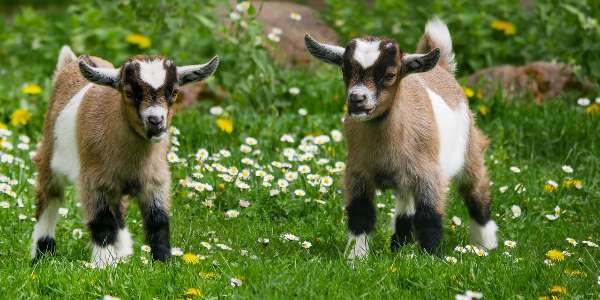
Goats are versatile and can provide milk, meat, and fiber (depending on the breed). They’re also excellent for keeping weeds under control.
Pros:
- Milk for drinking and making cheese or soap
- Hardy and adaptable to various climates
- Help clear overgrown areas by eating brush and weeds
Cons:
- Escape artists—require secure fencing
- Can be loud and vocal
- Milk goats require daily milking
Common Questions:
- What kind of fencing do goats need?
Goats are notorious for testing boundaries, so a strong, secure fence (at least 4-5 feet tall) is necessary. - How many goats do I need for milk production?
One to two goats can provide enough milk for a small family.
3. Pigs

Pigs are excellent for converting food scraps into meat and are great for tilling the soil. They’re a valuable addition for meat production on any homestead.
Pros:
- Rapid growth and high meat yield
- Can eat a wide variety of food, including kitchen scraps
- Excellent natural tillers for garden preparation
Cons:
- Strong odor if not managed properly
- Require sturdy enclosures as they can root and dig
- Can be aggressive if not properly handled
Common Questions:
- How much space do pigs need?
A single pig needs about 100 square feet of space, with more room for larger breeds or multiple pigs. - What should pigs eat?
Pigs thrive on a diet of grains, vegetables, and kitchen scraps, but avoid feeding them meats or processed foods.
4. Sheep

Sheep are great for both meat and wool production. They’re relatively easy to care for and can graze on pasture land, making them an excellent option for larger homesteads.
Pros:
- Provide wool, meat, and milk (from certain breeds)
- Easy to raise on pasture
- Gentle, docile animals
Cons:
- Susceptible to parasites and foot rot
- Require shearing if kept for wool
- Predators can be an issue if not protected
Common Questions:
- Do sheep need a lot of space?
Sheep require ample grazing land, with at least 1/2 acre per animal. - What’s the best breed for wool?
Merino and Dorset are popular wool-producing breeds.
5. Ducks
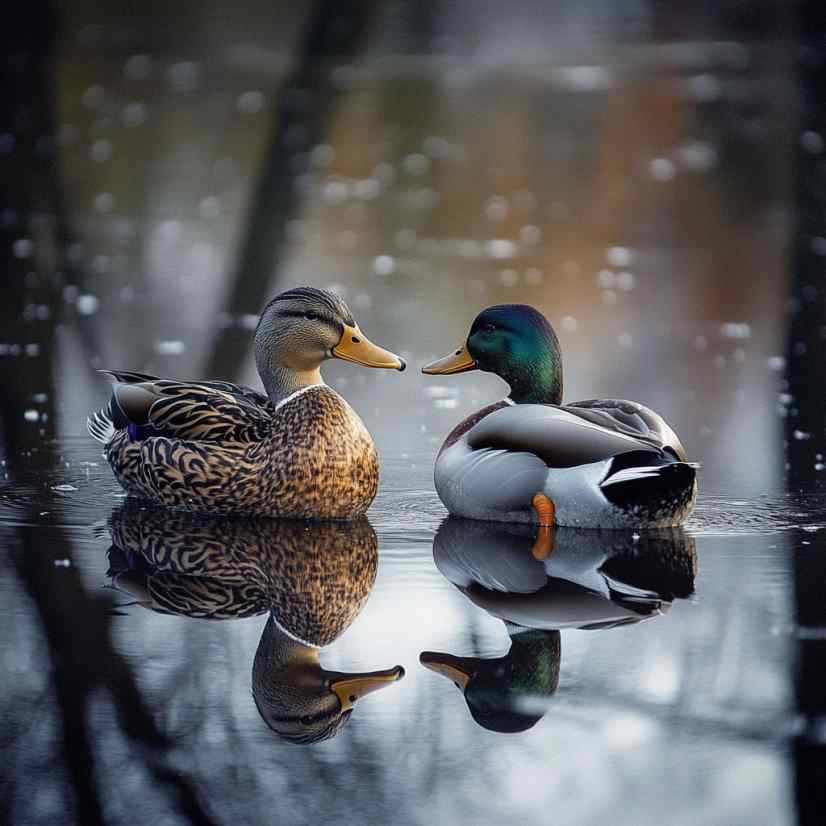
Ducks are another great bird to consider for eggs, meat, and pest control. They’re hardy animals and can thrive in many climates.
Pros:
- Lay nutrient-rich eggs
- Excellent for pest control, especially slugs and insects
- Less prone to disease than chickens
Cons:
- Need access to water for swimming
- Can make a mess in garden areas
- Ducks require more space than chickens
Common Questions:
- Can ducks live with chickens?
Yes, but ducks need access to water, which chickens don’t require, so ensure the setup accommodates both. - How often do ducks lay eggs?
Certain breeds, like Khaki Campbells, can lay up to 300 eggs per year.
6. Rabbits

Rabbits are a quiet and efficient option for meat production. They reproduce quickly, providing a sustainable meat source for your homestead.
Pros:
- Small space requirements
- High reproduction rate
- Quiet and easy to handle
Cons:
- Require controlled breeding to avoid overpopulation
- Susceptible to heat and cold stress
- Predators can be an issue in outdoor enclosures
Common Questions:
- What’s the best breed for meat production?
New Zealand and Californian rabbits are popular meat breeds. - Do rabbits need a lot of space?
Rabbits can be housed in hutches, but they do need space to move around—about 6 square feet per rabbit.
7. Cows

For homesteaders with more space, cows are ideal for milk and beef production. They require more care and space but offer significant benefits.
Pros:
- Provide milk, butter, and cheese
- Can produce calves for meat or sale
- Manure enriches soil
Cons:
- Require a lot of pasture space and feed
- Need regular veterinary care (vaccinations, hoof trimming)
- Milking cows require a consistent daily schedule
Common Questions:
- How much land does a cow need?
You’ll need about 1-2 acres of pasture per cow, depending on the quality of the grass. - Can I raise just one cow?
Cows are social animals and do best with at least one other cow or similar animal.
8. Bees

Bees are small but mighty when it comes to benefiting your homestead. They pollinate plants and provide honey and beeswax.
Pros:
- Produce honey and beeswax
- Help pollinate gardens and fruit trees
- Require minimal space
Cons:
- Risk of stings (especially for those allergic)
- Hives need regular maintenance and inspection
- May be affected by local pesticides or disease
Common Questions:
- How much honey does one hive produce?
A healthy hive can produce 20-60 pounds of honey per year. - Do I need to live in a warm climate to keep bees?
Bees can be kept in a variety of climates, but cold-weather hives need extra insulation.
9. Turkeys
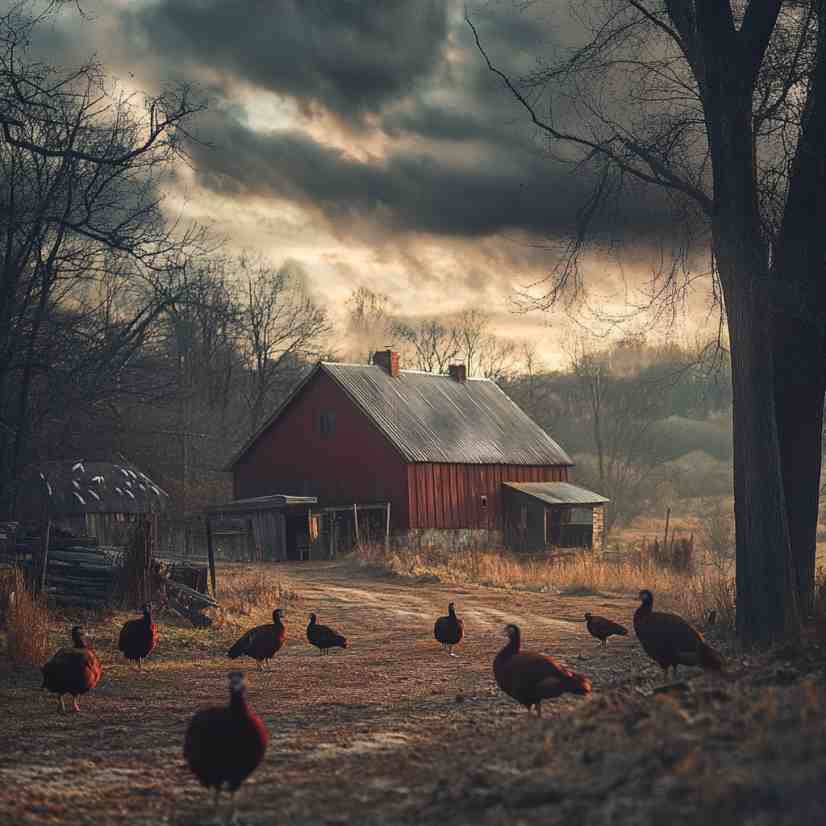
Turkeys are larger birds that provide a great source of meat. They are hardy animals and can help keep insect populations down.
Pros:
- Provide a large amount of meat
- Help with pest control
- Hardy in various climates
Cons:
- Require more space than chickens
- Can be aggressive, especially during mating season
- Vulnerable to predators
Common Questions:
- How much space do turkeys need?
Each turkey requires at least 10 square feet of coop space and 25 square feet of outdoor space. - Are turkeys good for egg production?
While turkeys do lay eggs, they are not as prolific as chickens or ducks.
10. Quail
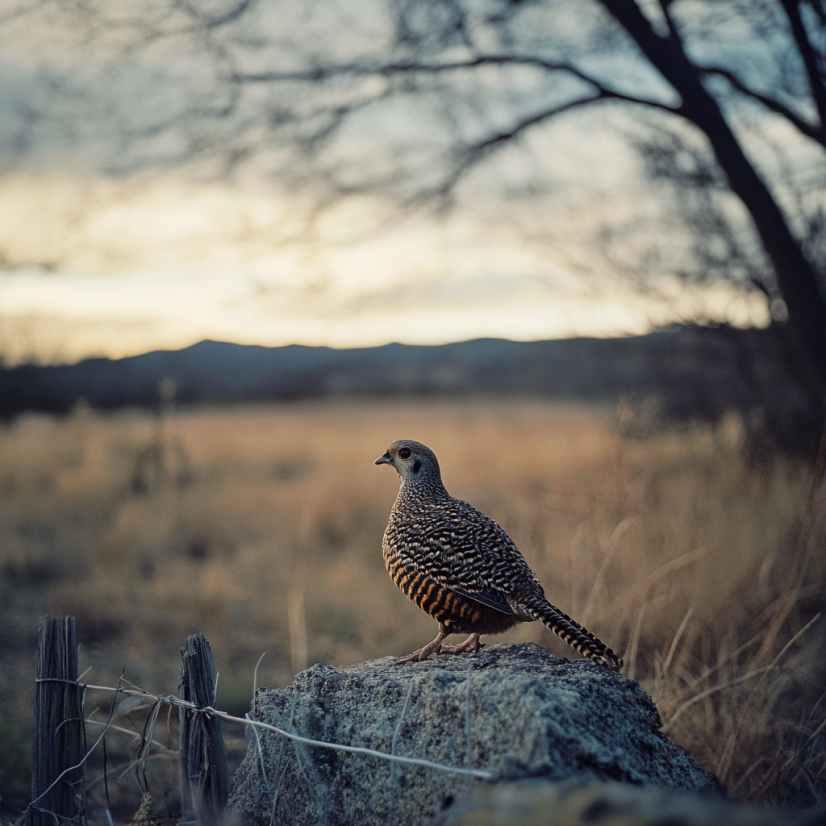
Quail are small birds that are excellent for eggs and meat. They take up very little space and are easy to raise in small pens.
Pros:
- High egg production
- Require minimal space
- Mature quickly, making them ideal for meat production
Cons:
- Fragile and need protection from predators
- Eggs are small compared to chicken eggs
- Can be difficult to handle due to their size
Common Questions:
- How many eggs do quail lay?
Quail can lay up to 300 eggs per year, depending on the breed. - What’s the best breed for beginners?
Coturnix quail are popular for both meat and egg production.
Tips for Choosing the Best Animals for Your Homestead
- Start Small: If you’re new to homesteading, start with easy-to-manage animals like chickens or rabbits before moving on to larger livestock.
- Consider Your Space: Ensure you have enough space and proper enclosures for the animals you choose. Overcrowding can lead to health issues.
- Plan for Feed: Each animal has different dietary needs, so be sure to research and plan for proper feed, whether it’s grains, pasture, or specialized diets.
Conclusion
Choosing the best animals for your homestead depends on your goals, available space, and commitment. Each of these animals offers unique benefits and challenges, so it’s important to weigh the pros and cons before making a decision. Whether you want fresh eggs, milk, meat, or even honey, there’s an animal that can help turn your homestead into a thriving, self-sufficient operation.
FAQs
Q: Can I raise all these animals together on my homestead?
A: It’s possible to raise multiple species together, but you need to ensure they have enough space and compatible living conditions.
Q: What’s the easiest animal to start with?
A: Chickens are typically the easiest and most rewarding for beginners due to their low maintenance and egg production.
Q: Can I raise animals on a small urban homestead?
A: Yes, some animals like chickens, rabbits, and bees are well-suited for small, urban homesteads.
Pin for later!
